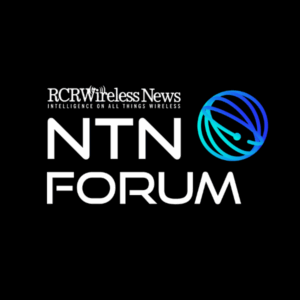Continued midband spectrum deployments by U.S. national carriers are further improving 5G performance, according to new analysis by Ookla of the 5G experience in the U.S. as of the first quarter of 2024.
“Speedtest Intelligence data shows a clear correlation between the release of additional mid-band spectrum, 5G performance, and consumer sentiment for 5G networks, with all three national wireless providers benefitting over the past 6 months,” the testing and analysis firm concluded in a blog post.
While AT&T, T-Mobile US and Verizon all have been focused on midband deployments across their respective spectrum holdings, Ookla pointed in particular to a striking example for T-Mo. It gained access in March of this year to more 2.5 GHz spectrum that it won at auction in 2022; the loss of the Federal Communications Commission’s spectrum authority put the airwaves in limbo until Congress passed legislation that allowed the agency to go through the final steps for the carrier to gain access. Within a month, then, Ookla saw T-Mobile’s median download performance across the U.S. increase by 29.64 Mbps.
T-Mobile US continues to maintain its leading position in network speeds, but AT&T and Verizon were able to improve their performance during 2023 as they gained access to C-band spectrum. The carriers have also added capacity via which they can expand their Fixed Wireless Access customer bases, Ookla noted.
Ookla drew a straight line between access and breadth of midband spectrum holdings among the top three national carriers, to increases in 5G performance which in turn impacted, by its measures, the customer quality of experience for use cases such as video streaming and mobile gaming. Net Promoter Scores (NPS) for 5G rose roughly in tandem with performance improvements, Ookla elaborated.
However, the improvements haven’t necessarily been even. Ookla pointed out that so far in 5G development, “it’s very clear that U.S. cellular providers are prioritizing improvements in download performance. This will likely continue in 2024, as T-Mobile, AT&T, and Verizon each seek to gain the upper hand, using any 5G network advantages to capture a larger share of competitive churn.”
Indeed, the testing company said: “Additional spectrum has fueled surges in download performance thanks to the deployment of 5G in mid-band spectrum, but upload and latency metrics have not improved to the same degree. All three cellular providers maintained relatively static median upload speeds across the two year period we examined (Q1 2022 to Q1 2024). 5G latency performance was a mixed picture, with T-Mobile the only provider to consistently improve. … Over time however, we expect the relative importance of upload and latency performance to grow, as 5G download performance begins to exhibit diminishing marginal returns, and increasing importance is given to improving the experience of latency-sensitive use cases such as video calling, mobile gaming, and augmented reality.”
Read more details in Ookla’s analysis here.







